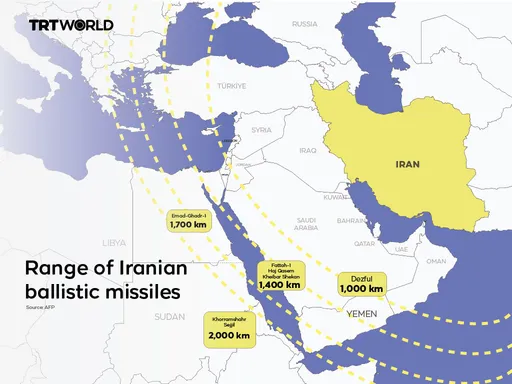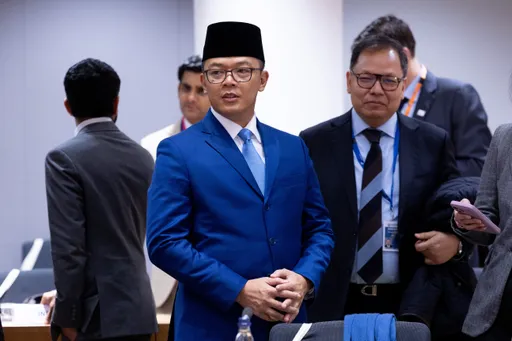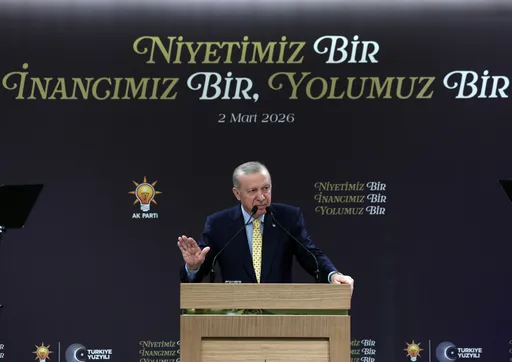A draft UN deal to save nature has called on rich countries to increase financial aid to developing countries to $20 billion annually by 2025, rising to $30 billion per year by 2030, documents showed.
Sunday's draft deal also called on countries to "ensure and enable that by 2030 at least 30 percent of terrestrial, inland water, and coastal and marine areas" are effectively conserved and managed.
The compromise text, brokered by China which is presiding over a summit called COP15 in Montreal, was quickly welcomed by conservationists, though it still needs to be agreed upon by the 196 signatories to the Convention on Biological Diversity before it is finalised.
The text "demonstrates that China is ready to lead a 'race to the top,' building on the ambition expressed by Parties during COP15," said Alfred DeGemmis, associate director of the Wildlife Conservation Society.
"China will now need to defend the ambition contained in this document, bringing any hesitant Parties on board with the overwhelming global consensus that biodiversity loss is an urgent crisis that needs immediate action."
READ MORE:Indigenous Australians score legal fight to derail gas drilling project
More immediate action required
DeGemmis also cautioned however that much of the text was too focused on the action by 2050 as opposed to more immediate achievements by 2030.
The issue of how much money rich countries will send to much of the Global South, home to most of the planet's biodiversity, has been the biggest sticking point.
Lower-income nations point out developed countries grew rich by exploiting their resources, and therefore they should be paid to protect their own ecosystems.
Current financial flows to developing countries are estimated at around $10 billion per year.
Delegates are working to roll back the destruction and pollution that threaten an estimated one million plant and animal species with extinction, according to scientists that report to the United Nations.
READ MORE: India imposes ban on many single-use plastics to tackle waste























